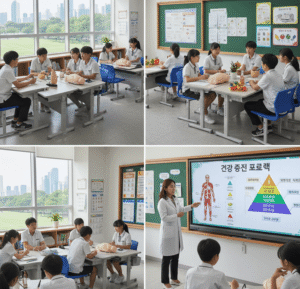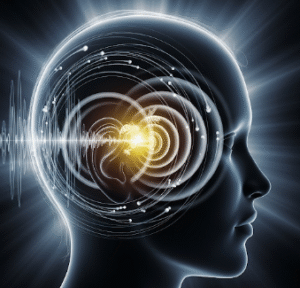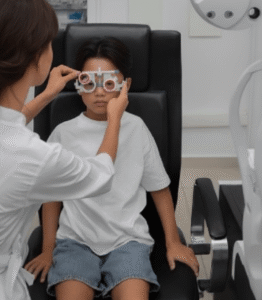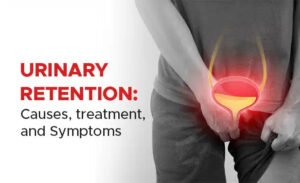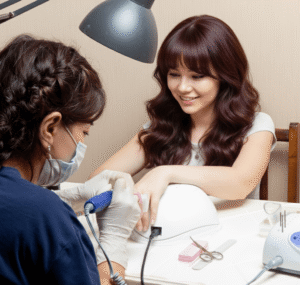Overview
Rejection Sensitive Dysphoria (RSD) is an intense emotional sensitivity and pain triggered by the perception of rejection, criticism, or failure. It is often associated with attention-deficit hyperactivity disorder (ADHD) but can affect anyone. In Korea, mental health professionals increasingly recognize RSD and provide tailored support to help individuals manage emotional distress.
What is Rejection Sensitive Dysphoria?
RSD is a condition where individuals experience extreme emotional pain and anxiety related to real or perceived rejection. Unlike typical emotional reactions, RSD can be overwhelming, causing significant distress and impairing daily functioning.
Symptoms
- Intense feelings of shame, humiliation, or sadness after criticism or rejection
- Extreme sensitivity to perceived slights or social exclusion
- Sudden mood swings or emotional outbursts
- Social withdrawal or avoidance
- Low self-esteem and fear of failure
Causes
- Often linked to ADHD and neurobiological differences
- Genetic and environmental factors influencing emotional regulation
- Past traumatic experiences involving rejection or neglect
Risk Factors
- Diagnosis of ADHD
- History of bullying or social trauma
- Low self-esteem or anxiety disorders
- Family history of mood or emotional disorders
Complications
- Social isolation and difficulties in relationships
- Increased risk of depression and anxiety disorders
- Impaired academic or occupational performance
- Substance abuse or self-harm in severe cases
Prevention
- Early recognition and intervention for emotional regulation issues
- Supportive social environments and therapy
- Stress management and resilience-building strategies
Treatment Options in Korea
Diagnosis
Mental health professionals diagnose RSD through clinical interviews, psychological assessments, and consideration of ADHD or related conditions.
Medical Treatments
- Psychotherapy, including cognitive-behavioral therapy (CBT)
- Medications to manage ADHD symptoms or mood disorders if present
- Social skills training and emotional regulation therapies
Surgical or Advanced Therapies
- No surgical treatments; management is through therapy and medication
Rehabilitation and Support
- Support groups and counseling
- Family education and involvement in treatment
- Ongoing monitoring and personalized care plans


